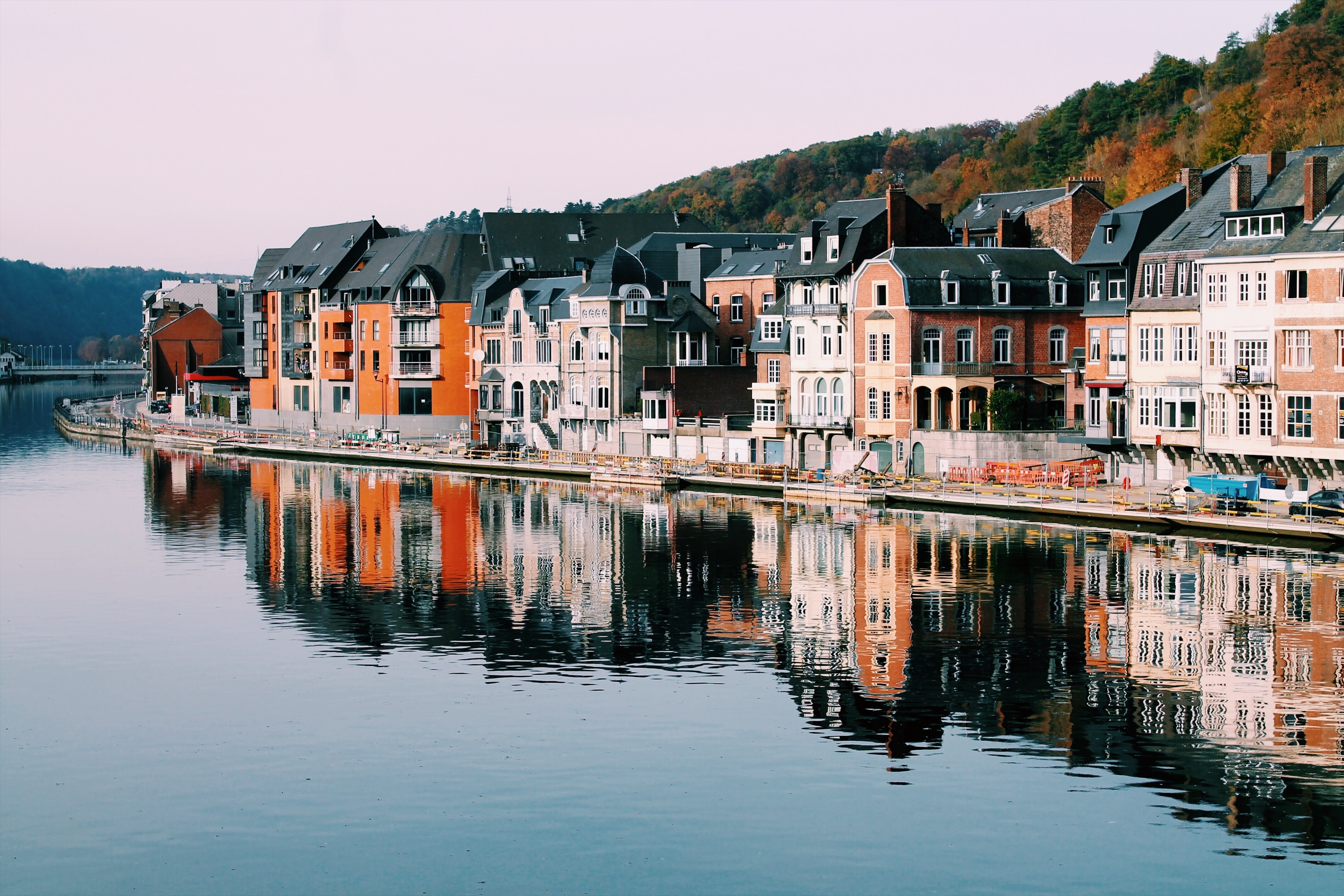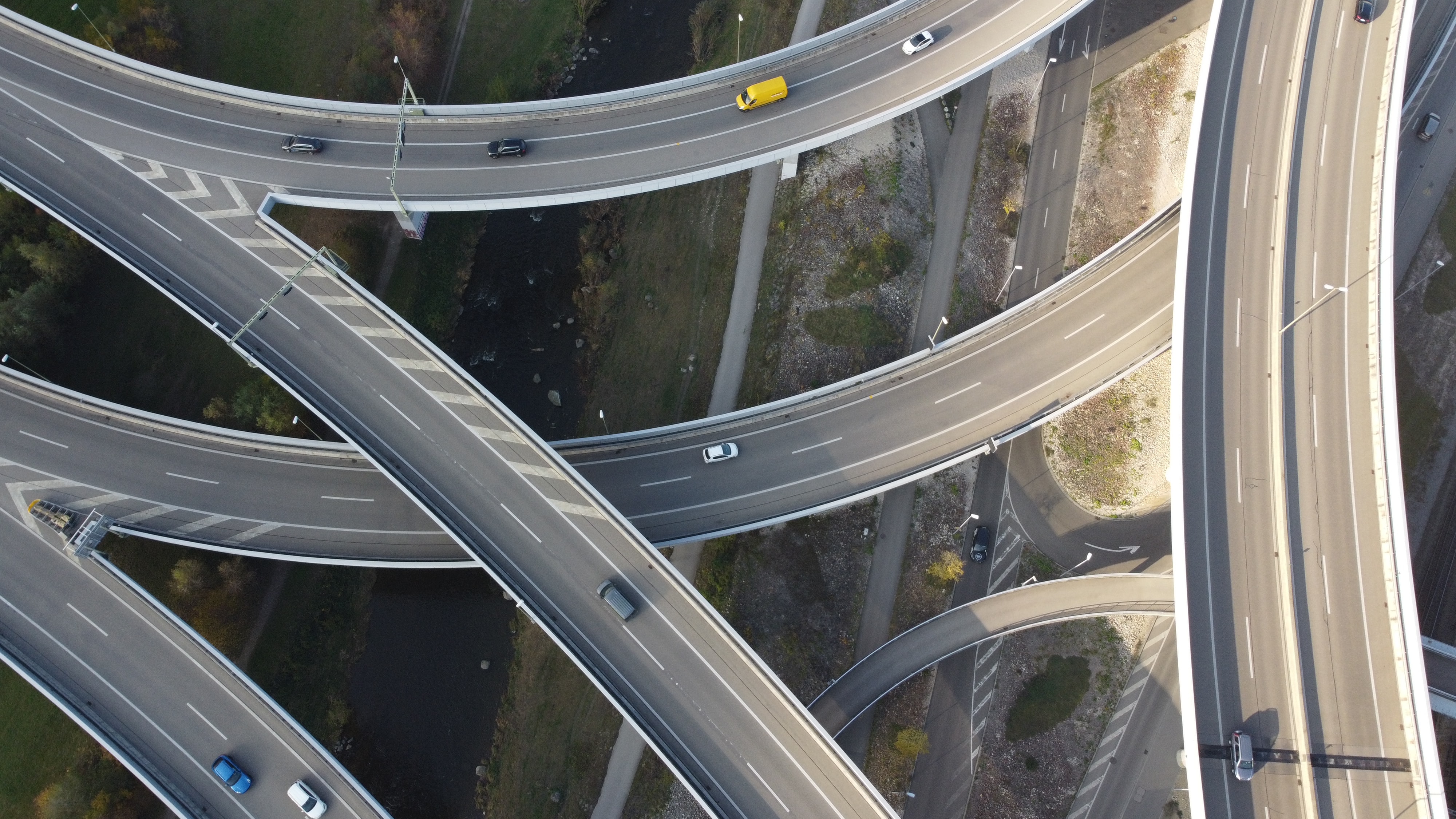 /
Funding and Financing solutions for Infrastructure
/
Solutions for funding and financing green and circular infrastructure
/
Funding and Financing solutions for Infrastructure
/
Solutions for funding and financing green and circular infrastructure
Solutions for Funding and Financing Green and Circular Infrastructure
But such transformation carries technology risks and high up-front capital costs. As a result, green and circular infrastructure is not being funded and financed at the pace required. Innovative funding and financing models are therefore critical elements on the path to net zero.
What is green and circular economy infrastructure? Expand to learn more
Circular economy
The circular economy is an economic system that reduces natural resource depletion, based on 6 principles (the 6R principles): refuse, reduce, reuse, repair and refurbish, recycle and residual. Infrastructure has a dual role to play in the circular economy: reductions can be made in the amount of new material used in infrastructure projects, and infrastructure can be built that supports circular economy activity. Learn more on our Infrastructure and the Circular Economy page.
Green infrastructure
Green infrastructure is a broad agenda that covers anything from renewable energy to more efficient waste and energy infrastructure. Importantly, not all green infrastructure is circular. In fact, there are many examples where green infrastructure aimed at reducing greenhouse gas emissions is inherently linear. A notable example comes from the energy sector, where the development of renewable energy infrastructure is crucial to reducing greenhouse gas emissions and moving towards a lower carbon economy, but where this green infrastructure (including solar, wind, and battery storage) is not necessarily circular – and governments and/or asset owners often do not have effective mechanisms or technologies to recover or reuse materials at the end of the life of this infrastructure.
Key findings for funding and financing green and circular infrastructure
We analysed factors that enabled the successful funding and financing of green and circular infrastructure projects worldwide, and found they shared several characteristics. Those factors are exemplified in the case studies that follow.
- Government programs can address technology risk by supporting demand and ‘industrialisation’. Governments can shore up demand for investment and enable more viable scale to be achieved in cases where emerging technologies are used.
- Coalitions of sponsors have been critical to ‘frontier-extending’ programs and to driving collaboration across delivery agencies. This is particularly true with respect to their role assisting developing economies to deploy green and circular infrastructure. Major programs that are proven in one country are ‘exported’ to other countries.
- Long-term savings (avoided costs) can amortise high capital costs, proving suitable to private finance, where government can guarantee payments. The high capital costs of energy-saving technologies can be paid for by long-term cost savings or other benefits.
- Incentives should be aligned so that savings from improved performance are captured by the funder or financer. Commercial lenders and other project developers will have the confidence and incentive to invest in green infrastructure despite high up-front costs if they can be assured that the resulting savings will cover initial costs and generate financial returns.
- For first mover technologies, wholly or partially government-run lenders and investors have played a bigger role. Partnerships between governments and the private sector are required to transfer and manage these risks, thereby helping catalyse investment from the private sector.
- Circular infrastructure has gained more traction in the water and energy industries. Circular infrastructure models have a difficult time competing for investment due to higher costs, risk of failure, and a lack of proven track record. Successful examples have occurred where the circular models reduce impacts of high volume and frequency of a homogenous resource
Learn more in the GI Hub Innovative Funding and Financing Green and Circular Infrastructure Compendium, and explore the case studies below.
Green and circular infrastructure case studies




















Learn more in PwC’s report on Funding and Financing Infrastructure for a Net Zero Future
The GI Hub engaged with PwC to prepare the above green and circular economy case studies. PwC has now extended their work on the case studies with a report that explores the lessons for funding and financing green and circular infrastructure from a private sector perspective, with due reference to the unique social, economic, and policy considerations that surround these topics.
View the PwC report on Funding and Financing Infrastructure for a Net Zero Future.
What other funding and financing solutions exist?
Learn more about the levers that are available to improve funding and financing when structuring projects. Explore our Revenue, Risk Management, and Finance pages.

How much infrastructure stimulus have governments allocated to green and circular infrastructure?
Green and circular Infrastructure projects are critical to achieving our most important shared outcomes for people and the planet. Learn how much infrastructure stimulus the G20 countries have allocated, and the outcomes targeted, in our Transformative Outcomes Through Infrastructure.

How much infrastructure stimulus have governments allocated to green and circular infrastructure?
Green and circular Infrastructure projects are critical to achieving our most important shared outcomes for people and the planet. Learn how much infrastructure stimulus the G20 countries have allocated, and the outcomes targeted, in our Transformative Outcomes Through Infrastructure.

Learn more and get involved in our work on the circular economy
Explore the GI Hub’s Infrastructure and the Circular Economy page to learn more about circular economy solutions in infrastructure, and how our industry action group is advancing circularity in the infrastructure sector.

Learn more and get involved in our work on the circular economy
Explore the GI Hub’s Infrastructure and the Circular Economy page to learn more about circular economy solutions in infrastructure, and how our industry action group is advancing circularity in the infrastructure sector.

Hear solutions from project leads, investors, and dealmakers in our New Deals webinar series
How will we fund the infrastructure of the future? This is the central question the GI Hub and International Finance Corporation (IFC) aim to help answer in the New Deals: Funding solutions for the future of infrastructure webinar series. Watch and register for future sessions here.

Hear solutions from project leads, investors, and dealmakers in our New Deals webinar series
How will we fund the infrastructure of the future? This is the central question the GI Hub and International Finance Corporation (IFC) aim to help answer in the New Deals: Funding solutions for the future of infrastructure webinar series. Watch and register for future sessions here.



















